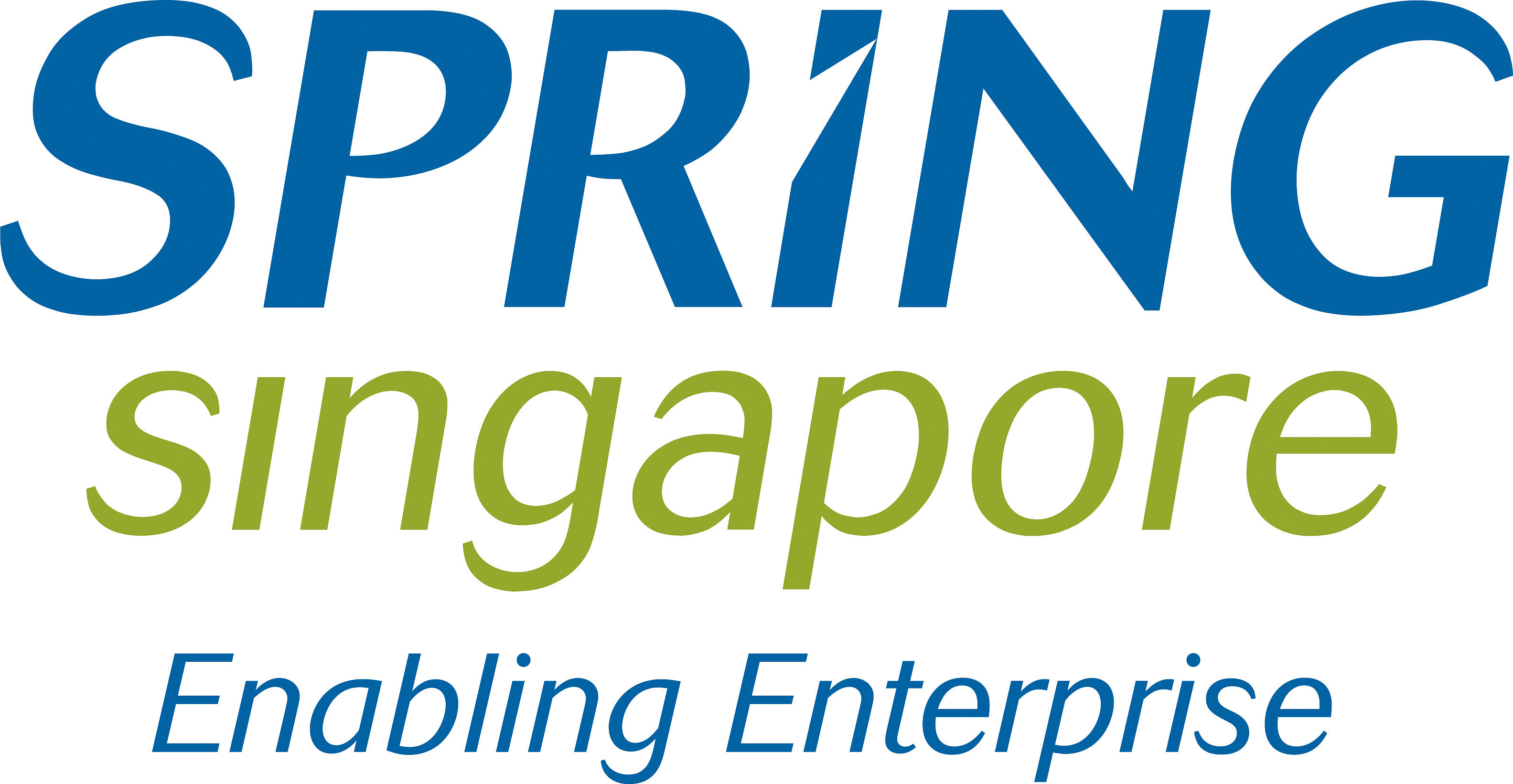
The economic outlook for Singapore's seems gloomy this year but firms say they are still investing to stay competitive.
To stay ahead of the game, local tableware firm Luzerne is upping the stakes by embarking on what it calls as the HR Transformation Project in February 2016.
The project aims to create a robust and systematic HR framework which will lay a strong foundation for the firm's hiring practices.
Ms Elaine Lek, who heads the global brand team and is the daughter of Luzerne's chairman, speaks about how the firm plans to reinvent its HR systems.
Luzerne has a rich history of 70 years. Why did you decide to invest in and build up your HR capabilities this year?
My cousin and I are third-generation leaders in the company. This has been a family-run business for the last 70 years. When my late grandfather started the business, the business was run in a shophouse. We were just dealing with coolies in those days.
Now, if you don't transform your human assets, you'll never be competitive. You can have all kinds of business plans in place such as branding or sales strategy. But if you don't have the people, everything falls flat.
It's no longer about having enough personnel to run the business, but about grooming human assets. If you want to recruit young blood, you need to have a proper HR framework for them. Long gone are the days where you have employees who work for and retire with you.
If you do not have a system in place to help the young employees grow, you will never be able to attract and retain the right talent who can move your company to the next level.
We also saw a cultural gap between the long-staying employees and new hires, and we need to bridge that. This was very apparent to me when I first joined the company six years ago. I was so busy putting in place many projects, like branding and e-commerce and retail distribution then.
Now everything is falling into place, but we need a strong team to execute our plans and this is critical. That's why I approached SPRING for help last year. SPRING has been very supportive in helping Luzerne grow as a company in many areas and HR transformation is no exception.
The company found it difficult to retain young talent. What were the gaps in Luzerne's HR system and how did you find out what was causing the issues?
Through the HR Diagnostic tool administered by SPRING, several HR gaps were identified and our overall HR maturity rating was 1.5. Level 1 suggests that the company has rudimentary HR capabilities whereas Level 4 signals that the company has robust HR capabilities in place.
It was a good wake-up call and for the board of directors to realise that we can't go on like that. People are important and this is what the third-generation leaders have been trumpeting consistently.
Luzerne's global presence has also gained much momentum in the last few years. We need our team to be mobile and be willing to relocate to where their contribution is needed. All the more we must have a HR framework in place that also caters for relocation and what happens after they have completed their relocation contract.
However, we don't have much in place - not even a proper employee handbook. We had one but it was created maybe 15 years ago. We didn't have a proper recruitment process or compensation and performance appraisal systems.
How did Luzerne start on reforming its HR system?
We shortlisted a few HR consultants and decided to work with one who we were the most comfortable with. Ultimately we are a family-run business and not a multi-national corporation, so we need someone who understands the intricacies of a family-run business, especially in terms of putting in place a HR framework that is suitable.
We started this transformation journey last month with an employee engagement survey and cultural values assessment.
We also just completed a focus group discussion with non-management employees and another separate session with the management. They are done independently. This means that the board of directors do not get involved and we get objective feedback.
Questions include "would you recommend that a friend join and work in this company?" That was a lot of weightage on how they feel about being in the company themselves.
How long will the HR Transformation Project take?
It will take about a year and a half. It is supposed to take less than a year but we will take a break after the HR framework is developed and the execution has begun. Six months after that, we will carry out an assessment to measure employee engagement level and company culture.
We will then revisit our framework and finetune it. This is an ongoing process, you need to further review and refine the HR system and practices until you get it right.
We are now working on the next stage, setting Luzerne's vision, mission, values, HR strategy and the employer value proposition. Thereafter, we will develop the HR structure and iron out the roles and responsibilities. It's an important investment to us, and can be deemed as the most important one too!
What else have you learnt that Luzerne requires for its HR Transformation Project?
We must develop Luzerne's values and clarify what it stands for. When attracting talent, we must recruit the right employees. Sometimes, you can't retain staff because there's a mismatch between the employer's values and the employee's expectations.
80 per cent of our staff have worked for us for more than 20 or 30 years. It's just the new hires in sales and marketing who tend to stay for a shorter period.
When I first started the branding team, it was basically a one-man show - I had a junior staff member join me in the beginning, so the retention was quite low. It was only in the last four years that I recruited more branding executives of managerial calibre.
But the retention was still not so good. It could be because I hire very young employees who have very different expectations. They wanted to join firms with clear remuneration and appraisal systems, as well as a structured career path.
It's important to show them that beyond this role, what can they do or where else can they go. It needs to be communicated very clearly from the beginning.
What are the unique HR practices that only an SME like Luzerne, with a global footprint of more than 50 countries and staff strength of 800, can offer?
Things can get done very fast. For instance, the chairman will buy the best durian to be delivered to the office and we'll have a durian party or pizza parties. As our local headquarters is small, it's easier to translate ideas into actions and things materialise very fast.
We don't have to stand on ceremony as our staff can just walk in and talk to the boss. They don't have to make an appointment to discuss something and put up board papers. Coming from a corporate company where you have to come up with a framework to shape your ideas and put up a paper, by the time you want to execute something it's just too late.
We give our staff autonomy and respect. Things are very casual and we don't need a formal structure for employees to have fun. It's not that our practices are so outdated. We have our advantages that other firms with many employees don't have.
For a family-run business, we treat employees like our family. I am saying this from my own experience having worked in public-listed companies for 27 years before joining this family business.

